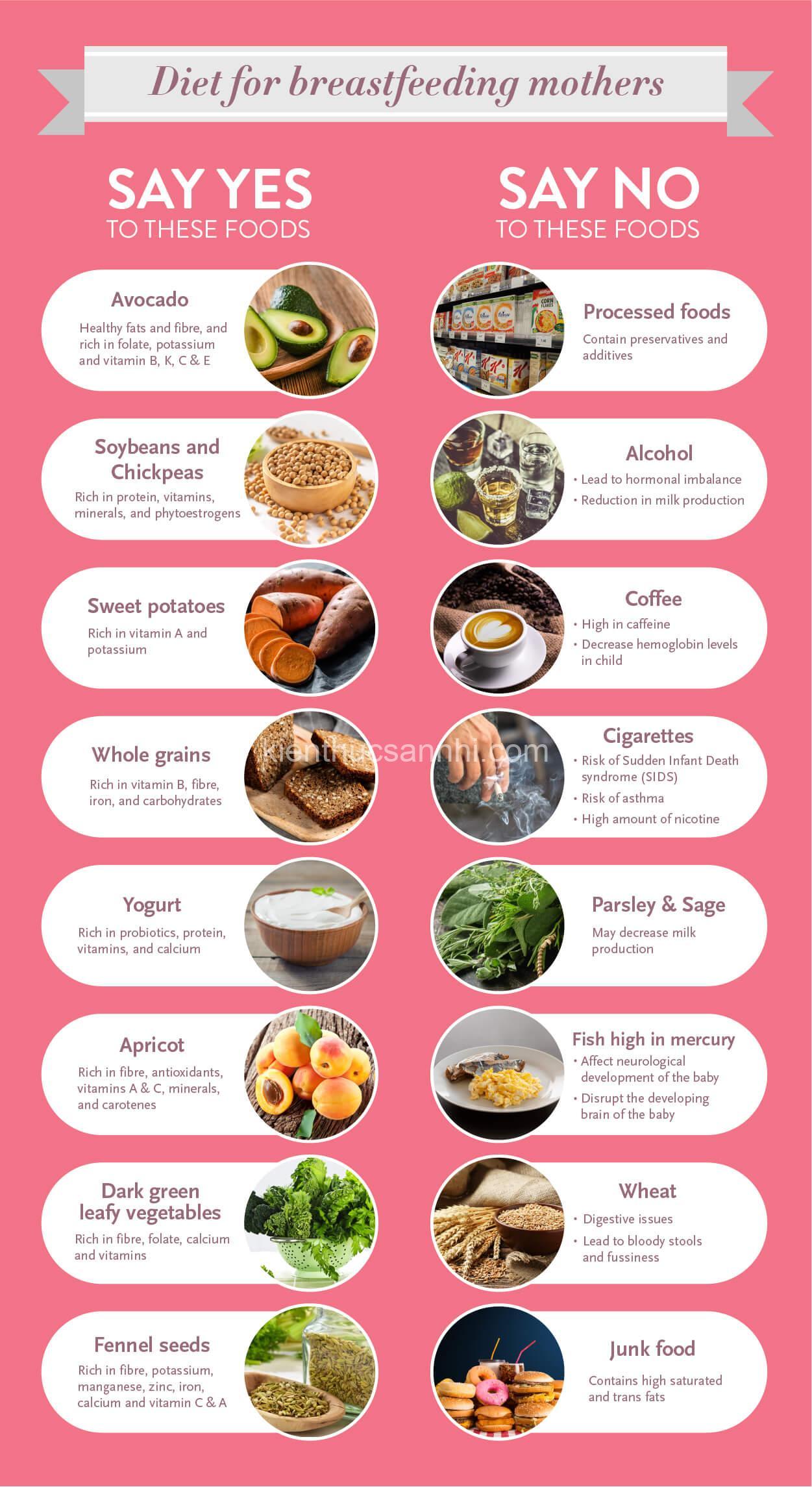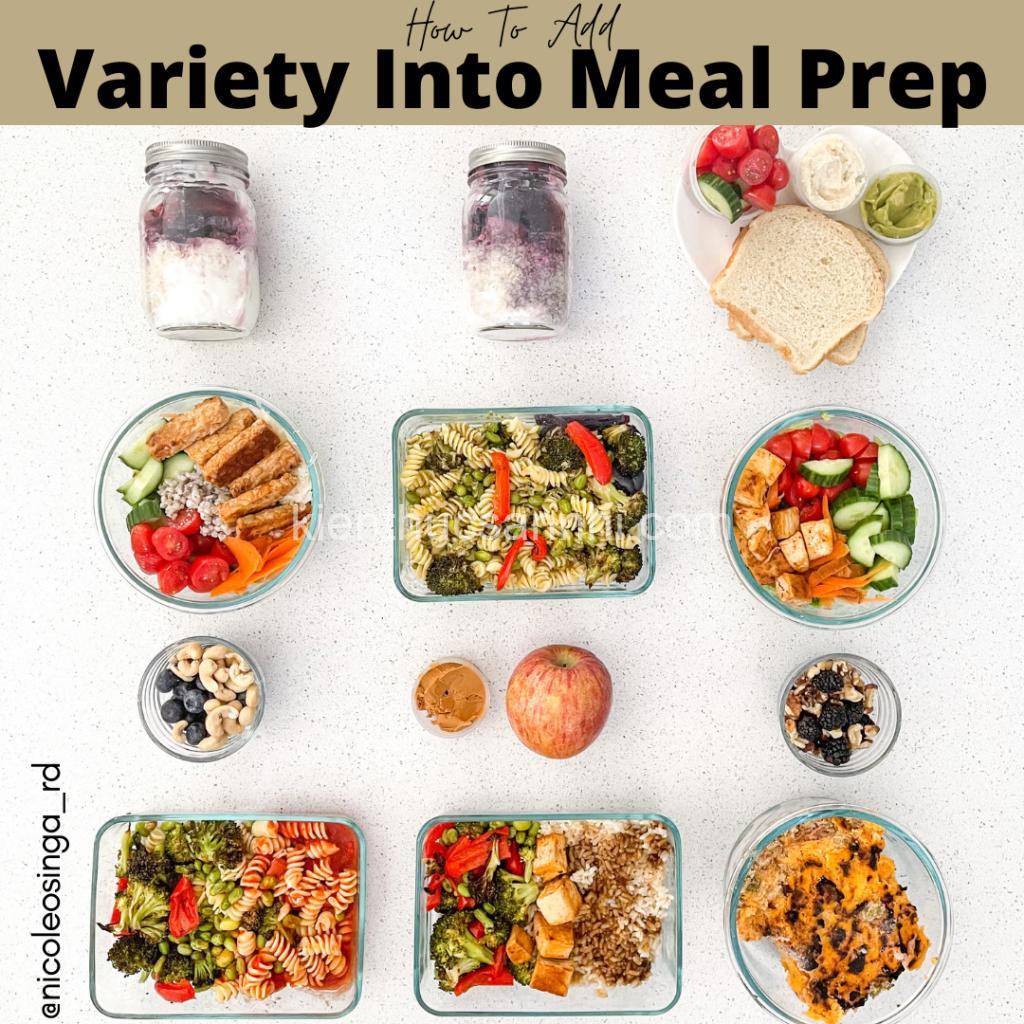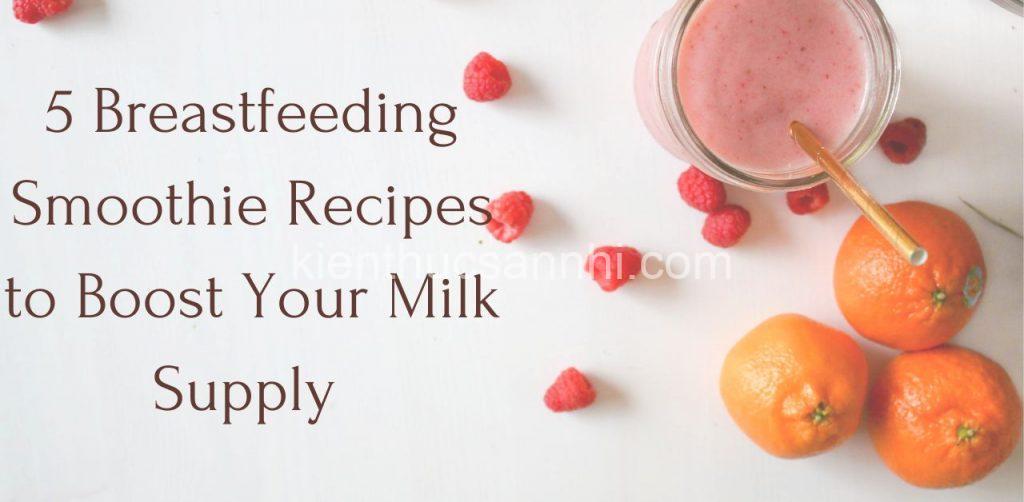
High-Calcium Foods for Breastfeeding Moms: Essential for You & Your Baby. In today’s article, kienthucsannhi.com will explore with you in the most detailed and complete way. See now!
Why Calcium is Essential for Breastfeeding Mothers
Breastfeeding is a beautiful experience, but it also puts a lot of demand on your body. This is where calcium steps in as a true hero! Calcium isn’t just about strong bones, it’s about nourishing you and your baby, ensuring a smooth and healthy breastfeeding journey.
Imagine calcium as a building block for your body. It’s essential for maintaining your bone health and preventing bone loss, which is common during breastfeeding. This is because your body prioritizes your baby’s needs, drawing calcium from your bones to make milk.
But it doesn’t stop there. Calcium plays a key role in milk production, ensuring your milk supply is adequate and rich in nutrients for your baby. This means your little one gets the essential calcium they need for their own bone development, growth, and overall health.
So, how much calcium do you need? The recommended daily intake for most breastfeeding mothers is 1,000 mg. This may seem like a lot, but don’t worry, there are delicious and easy ways to meet this goal.

The Best Sources of Calcium for Breastfeeding
Now that we know why calcium is so important, let’s dive into the delicious world of calcium-rich foods! Here’s a list of some top contenders that will make it easy to get your daily dose:
Dairy Products
Dairy products are often the first foods that come to mind when we talk about calcium. And for good reason! They are packed with this vital mineral, making them a fantastic choice for breastfeeding mothers.
- Milk: Whether you prefer cow’s milk, almond milk, soy milk, or another alternative, milk is a great way to get your calcium fix.
- Yogurt: Greek yogurt, especially, is a powerhouse of calcium, protein, and probiotics, which are beneficial bacteria for gut health.
- Cheese: Cheddar, mozzarella, cottage cheese—the options are endless! Cheese is a versatile food that can be enjoyed in countless ways.
Leafy Green Vegetables
Don’t underestimate the power of leafy green vegetables! They are a treasure trove of calcium and other essential nutrients.
- Kale: This leafy green is packed with calcium and vitamin K, which plays a role in bone health.
- Spinach: A classic and versatile leafy green, spinach can be easily added to salads, smoothies, and even baked goods.
- Collard greens: These dark leafy greens are a great source of calcium and antioxidants.
- Bok choy: A popular Asian vegetable, bok choy is a delicious and nutritious source of calcium.
- Mustard greens: These flavorful greens offer a good dose of calcium and other vitamins and minerals.
Fish with Bones
Fish with bones may not be the first thing that comes to mind when you think of calcium, but they are actually an excellent source.
- Sardines: These small fish are packed with calcium and omega-3 fatty acids, which are beneficial for both you and your baby.
- Salmon: A popular and delicious fish, salmon is rich in calcium, omega-3 fatty acids, and vitamin D.
- Mackerel: Another oily fish, mackerel is a good source of calcium, omega-3 fatty acids, and vitamin D.
- Canned salmon with bones: This convenient option provides a good dose of calcium and omega-3 fatty acids.
Other Sources
Besides dairy, leafy greens, and fish, there are a few other foods and beverages that can contribute to your calcium intake:
- Fortified foods: Many foods are fortified with calcium, including orange juice, plant-based milk alternatives, and breakfast cereals.
- Tofu: A plant-based protein source, tofu is made from soybeans and is a good source of calcium.
- Almonds: A healthy and convenient snack, almonds are a good source of calcium and other essential nutrients.
- Sesame seeds: These tiny seeds are a surprising source of calcium and can be added to salads, yogurt, or sprinkled on bread.
Practical Tips for Incorporating Calcium-Rich Foods
It’s not always easy to fit in all those calcium-rich foods, so here are some tips to make it a breeze:
- Mix it up: Don’t get stuck in a rut. Include a variety of calcium-rich foods in your diet to ensure you get a diverse range of nutrients.
- Low-fat or fat-free: Opt for low-fat or fat-free versions of dairy products to keep your calorie intake in check.
- Leafy green power: Add leafy greens to your salads, soups, smoothies, and even stir-fries. They blend seamlessly into many dishes!
- Fish twice a week: Aim for at least two servings of fish with bones per week. It’s a delicious and nutritious way to boost your calcium intake.
- Fortified friends: Check food labels for fortified products like orange juice, plant-based milk, and cereals.
- Snack smart: Keep almonds and sesame seeds on hand for easy, calcium-rich snacks.
Understanding Calcium Supplements
While a balanced diet is the best way to get your calcium, supplements can be a helpful option in some cases.
- When supplements might be necessary: If you have a hard time consuming enough calcium-rich foods or if your healthcare provider recommends it, supplements can help you reach your daily intake.
- Benefits and risks: Calcium supplements can be beneficial for boosting calcium levels, but it’s essential to talk to your doctor before taking any supplements. They can assess your individual needs and advise you on the appropriate dosage.
Calcium Deficiency During Breastfeeding
Even with a balanced diet, calcium deficiency is possible during breastfeeding. Pay attention to your body and seek medical advice if you notice any of these symptoms:
- Muscle cramps: Calcium is essential for muscle function, and deficiency can lead to cramps, especially in the legs.
- Fatigue: Calcium deficiency can contribute to fatigue and low energy levels.
- Brittle bones: Calcium is crucial for bone health, and deficiency can make bones more fragile and prone to fractures.
If you experience any of these symptoms, it’s essential to consult your doctor. They can diagnose any potential deficiencies and recommend appropriate solutions.
Balancing Calcium Intake with Other Nutrients
Calcium isn’t the only nutrient essential for breastfeeding. It’s crucial to consider a balanced diet that includes other important nutrients like vitamin D, iron, and zinc.
- Vitamin D: Vitamin D helps your body absorb calcium effectively, so it’s essential to get enough of this vitamin. Include foods like fatty fish, fortified milk, and eggs in your diet to boost your vitamin D intake.
- Iron: Iron is vital for red blood cell production, which helps deliver oxygen throughout your body. Include iron-rich foods like red meat, beans, lentils, and fortified cereals.
- Zinc: Zinc is essential for immune function, wound healing, and cell growth. Include zinc-rich foods like oysters, beef, nuts, and beans.
By focusing on a balanced diet that includes plenty of calcium and other essential nutrients, you can nourish yourself and your baby during this amazing time.
Final Thoughts
Remember, breastfeeding is a beautiful and natural process, but it’s also a demanding one. Prioritizing calcium intake during breastfeeding is crucial for both your health and your baby’s development.
By including plenty of calcium-rich foods in your diet and discussing any concerns with your doctor, you can ensure you are meeting your nutritional needs and giving your baby the best possible start in life.
For more information about raising a healthy family, visit kienthucsannhi.com. Leave a comment below, share this article with other breastfeeding mothers, and keep exploring the world of animal knowledge and healthy living on our website!
Frequently Asked Questions
What are some common symptoms of calcium deficiency during breastfeeding?
Calcium deficiency during breastfeeding can manifest through various symptoms, including muscle cramps, fatigue, and brittle bones. Muscle cramps, particularly in the legs, can be a sign of low calcium levels. Fatigue and low energy levels are also common symptoms, indicating a potential calcium deficiency. Additionally, brittle bones, which are more prone to fractures, can be a sign of inadequate calcium intake. If you experience any of these symptoms, it’s important to consult with your doctor for proper diagnosis and treatment.
What happens if I don’t get enough calcium while breastfeeding?
Calcium deficiency during breastfeeding can have consequences for both the mother and the baby. For the mother, calcium deficiency can lead to bone loss, increased risk of fractures, and potential complications like osteoporosis later in life. For the baby, inadequate calcium intake can hinder proper bone growth and development, potentially leading to health issues.
What are the best calcium-rich foods for breastfeeding mothers?
Breastfeeding mothers need to prioritize calcium-rich foods in their diet. Some of the best sources include dairy products like milk, yogurt, and cheese; leafy green vegetables like kale, spinach, and collard greens; fish with bones like sardines, salmon, and mackerel; fortified foods like orange juice, plant-based milk alternatives, and breakfast cereals; and other sources like tofu, almonds, and sesame seeds.
Do I need to take calcium supplements while breastfeeding?
Whether or not you need to take calcium supplements depends on your individual needs and diet. While a balanced diet rich in calcium-rich foods is ideal, supplements can be helpful if you’re struggling to meet your daily calcium intake. Consult with your doctor to determine if calcium supplements are necessary for you. They can assess your calcium levels and advise you on the appropriate dosage.
Can I get enough calcium from plant-based sources?
Yes, it’s possible to get enough calcium from plant-based sources. Fortified plant-based milk alternatives like almond milk, soy milk, and oat milk are good options. Leafy green vegetables like kale, spinach, and collard greens are also good sources of calcium.





